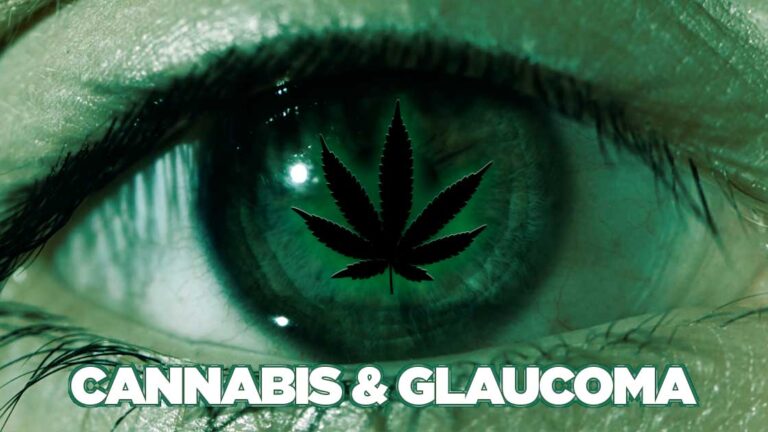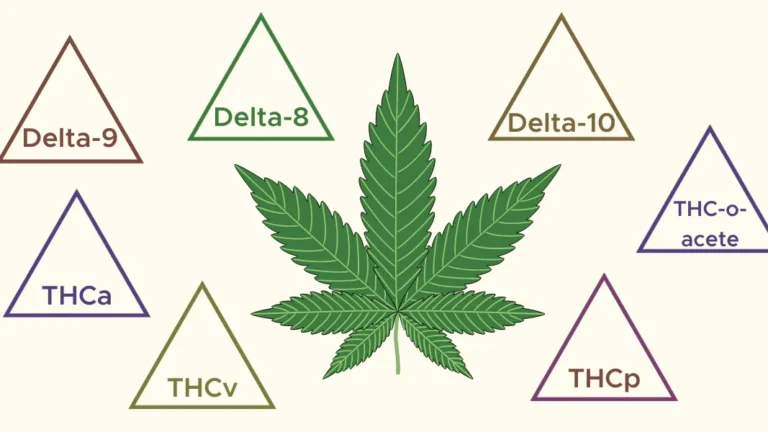
Weed Countdown: How Long Until Weed is Out of Your System?
Key Points
- THC Detection Varies: The time marijuana (weed) stays in your system depends on factors like frequency of use, body composition, and the type of drug test, with detection windows ranging from days to months.
- Urine Tests: Detectable for 1–3 days (occasional use) to over 30 days (chronic heavy use).
- Blood and Saliva Tests: Detectable for hours to weeks, depending on usage.
- Hair Tests: Can detect THC up to 90 days after last use.
- Detox Products: Lack scientific evidence and may pose risks; natural methods like hydration and exercise are safer but take time.
How Long Does Weed Stay in Your System?
After quitting marijuana, the time it takes for THC (tetrahydrocannabinol), the main psychoactive compound in weed, to leave your system varies widely. Research suggests that for occasional users, THC may be detectable for a few days, while chronic users might test positive for weeks or even months, especially in hair tests. The exact timeline depends on how often you used marijuana, your body’s metabolism, and the type of drug test.

Why Does It Matter?
Knowing how long weed stays in your system is crucial if you’re facing a drug test for work, legal reasons, or sports. It’s also helpful for those quitting to understand how their body processes marijuana and what to expect during detoxification.
What Affects Detection Time?
Factors like how much and how often you used marijuana, your body fat percentage, metabolism, and even the way you consumed it (smoking, edibles, or vaping) influence how long THC lingers. For example, edibles tend to stay in the system longer than smoked marijuana.
Can You Speed It Up?
While no quick fix reliably removes THC, staying hydrated, eating a healthy diet, and exercising may support your body’s natural detox process. Be cautious with commercial detox products, as they often lack scientific backing and may not work.
Understanding THC and Its Detection
Marijuana, often called weed, pot, cannabis, or ganja, contains hundreds of compounds, with tetrahydrocannabinol (THC) being the primary psychoactive component responsible for the “high.” When you consume marijuana, THC enters your bloodstream—through the lungs if smoked or vaped, or through the liver if ingested via edibles. Unlike water-soluble substances like alcohol, THC is fat-soluble, meaning it binds to fat cells in your body. This property causes THC and its metabolites (like 11-hydroxy-THC and THC-COOH) to linger long after the psychoactive effects wear off.

Drug tests typically look for these metabolites, not just THC itself, which is why marijuana can be detected days or weeks after last use. The body slowly releases these metabolites from fat stores into the bloodstream, where they are metabolized by the liver and excreted primarily through urine (about 20%) and feces (about 65%).
Detection Windows for Different Tests
The time marijuana stays in your system depends on the type of drug test used. Below are the typical detection windows based on research:
| Test Type | Detection Window | Notes |
|---|---|---|
| Urine | Single use: 1–3 days Moderate use (3–4 times/week): 3–7 days Daily use: 7–15 days Chronic heavy use: 30+ days | Most common test; detects THC metabolites, not active THC. |
| Blood | 2–12 hours (occasional use) Up to 30 days (heavy use) | Detects recent use; less common for workplace testing. |
| Saliva | Same day (occasional use) Up to 72 hours (frequent use) | Non-invasive; detects recent use, not secondhand exposure. |
| Hair | Up to 90 days | Tests a 1.5-inch hair segment near the scalp, reflecting use over months. |
| Sweat | 7–14 days | Less common; used in specific settings like probation. |
These timelines are estimates, as individual factors significantly affect results. For example, a 2017 study found that 77% of heavy users and 39% of light users tested positive in hair samples, while non-users showed no positives.
Factors Influencing How Long THC Stays in Your Body
Several factors determine how long marijuana stays in your system after quitting:
- Frequency of Use: Occasional users clear THC faster than chronic or heavy users. For example, a single use may be undetectable in urine after 3 days, while daily use could take weeks.
- Amount and Potency: Higher THC doses (e.g., from concentrates or dabbing) result in more metabolites stored in fat, extending detection time.
- Method of Consumption: Smoking or vaping delivers THC quickly to the bloodstream, with shorter detection windows (3–30 days). Edibles, processed through the liver, can linger longer, sometimes weeks after regular use.
- Body Composition: Since THC is fat-soluble, individuals with higher body fat percentages may retain THC longer. Body mass index (BMI) plays a role here.
- Metabolism: A faster metabolism can speed up THC elimination, while a slower one prolongs detection.
- Hydration and Health: Adequate hydration and overall health support the body’s natural detox processes, though they don’t drastically reduce detection time.
- Genetics: Genetic variations in liver enzymes can affect how quickly THC is metabolized.

Special Cases: Usage Patterns
Detection times vary based on how often and how much marijuana you’ve used:
- First-Time Users: THC is typically detectable for 1–3 days in urine, as minimal amounts are stored in fat.
- Occasional Users (1–2 times/week): Detection windows are usually 3–7 days in urine.
- Moderate Users (3–4 times/week): THC may be detectable for 5–7 days in urine, longer in blood or hair.
- Chronic Users (daily): Detection can last 10–15 days in urine, up to 30 days in blood.
- Heavy Users (multiple times/day): THC can remain detectable for 30 days or more in urine, and up to 90 days in hair.
For example, a study cited by Healthline noted that infrequent users might clear THC in about 10 days, while heavy users could test positive for over a month.
Can You Speed Up THC Elimination?
There’s no scientifically proven quick fix to remove THC from your system instantly, but certain habits may support your body’s natural detoxification:
- Hydration: Drinking water helps flush toxins through urine, but overhydration can dilute urine samples, potentially flagging a test as invalid.
- Healthy Diet: Fiber-rich foods aid digestion and excretion, as about 65% of THC metabolites leave through feces.
- Exercise: Physical activity can boost metabolism and burn fat, potentially releasing stored THC. However, avoid intense exercise right before a test, as it may temporarily increase THC levels in the blood.
- Rest: Adequate sleep supports overall health, aiding the body’s recovery and detox processes.
The Truth About THC Detox Products
Many products marketed as THC cleanse or best detox for THC claim to flush marijuana from your system quickly, often for passing drug tests. These include detox drinks, pills, or kits like “Toxin Cleanse” or “No Time Detox.” However, research consistently shows a lack of evidence for their effectiveness:
- Medical News Today states there’s no proof that detox products speed up THC elimination.
- American Addiction Centers notes that detox kits are poorly regulated, with ambiguous efficacy and potential side effects, including one reported case of psychosis.
- Zinnia Health warns that some detox ingredients, like high-oxalate juices, may cause health issues like kidney problems.

While some users report success in masking THC in urine tests, results are inconsistent and depend on individual body chemistry. Using unregulated products carries risks, and the safest approach is to rely on time and natural detox methods.
Practical Tips for Quitting
If you’re quitting marijuana, here are steps to support your journey:
- Stop Using Immediately: The sooner you stop, the sooner your body begins eliminating THC.
- Monitor Your Progress: Be aware of the detection windows for your usage pattern and test type.
- Consult a Professional: If you’re struggling to quit or facing a drug test, talk to a doctor or substance abuse counselor for personalized advice. Resources like SAMHSA’s National Helpline (1-800-662-HELP) can connect you with support (source).
- Avoid Detox Myths: Steer clear of unproven methods like excessive water consumption or unregulated detox kits, which may not work and could harm your health.
Conclusion
The question of how long does weed stay in your system after quitting doesn’t have a one-size-fits-all answer. Detection times for THC and its metabolites depend on your usage habits, body composition, and the type of test—ranging from a few days in urine for occasional users to 90 days in hair for heavy users. While natural methods like hydration, diet, and exercise can support your body’s detox process, commercial THC cleanse products lack scientific backing and may pose risks. By understanding these timelines and factors, you can make informed decisions about quitting marijuana and preparing for drug tests. Patience and healthy habits are your best allies in clearing weed from your system.


